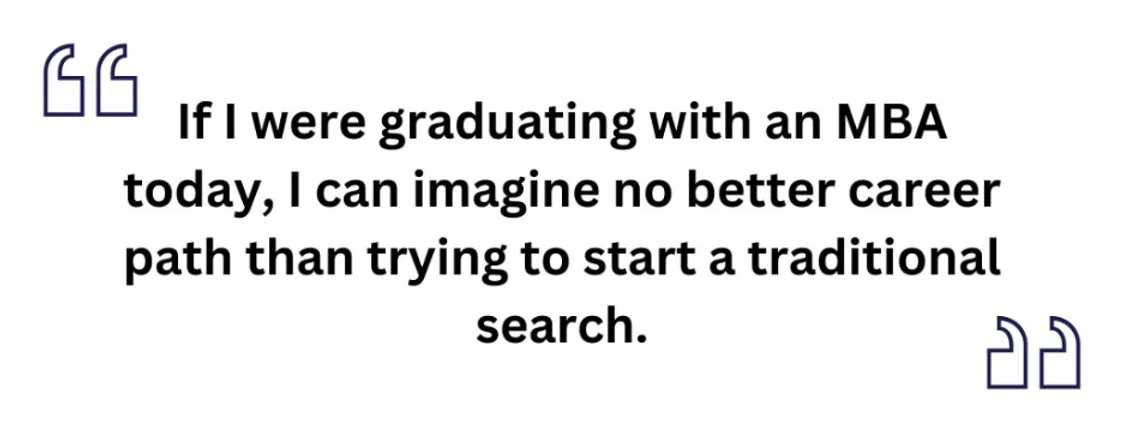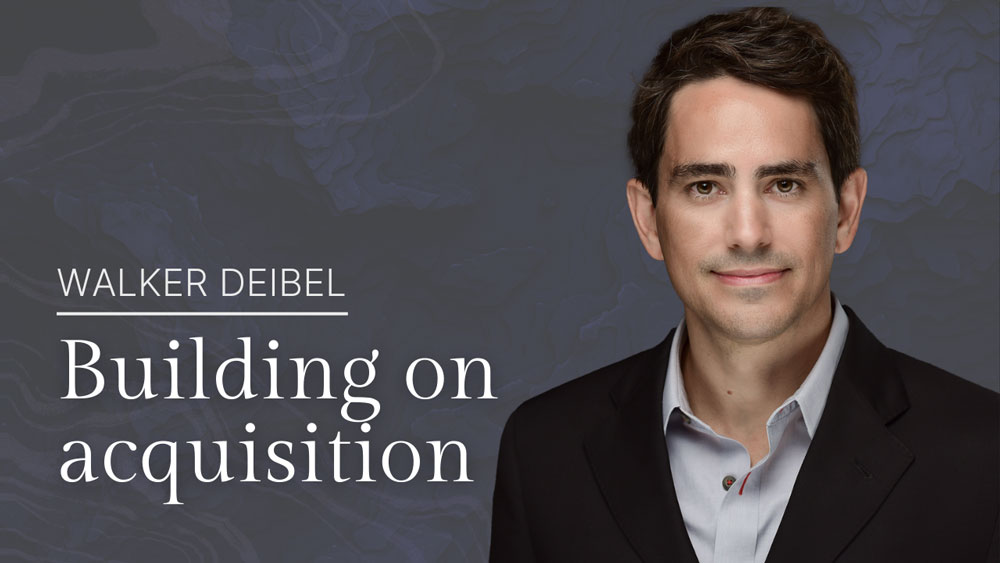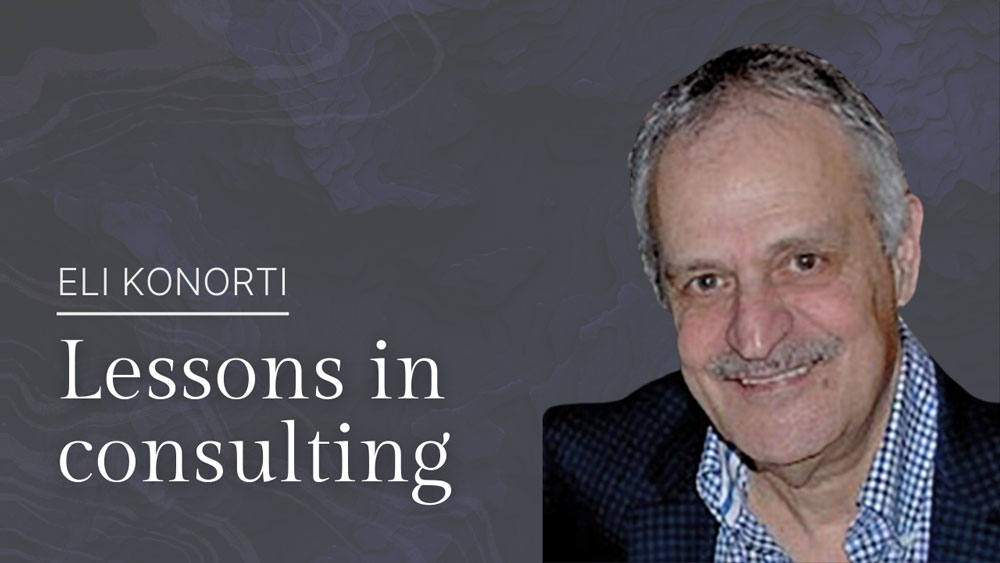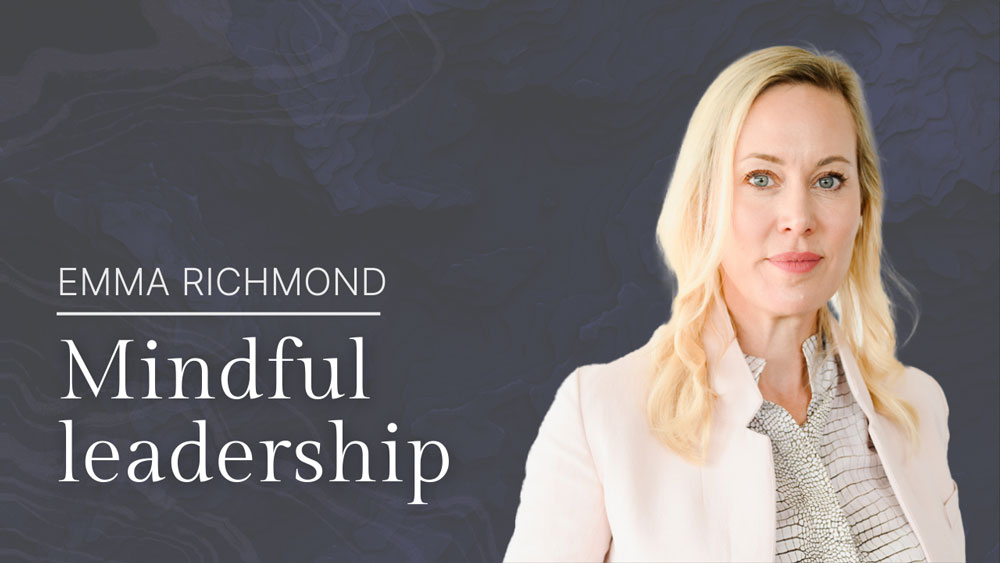Samanah Ali
8
min read
Better Than Starting Your Own Company
Walker Deibel
Author | Buy Then Build, Creator | Acquisition Lab
Highlights
Walker Deibel’s initial failures taught him the ins and outs of successful entrepreneurship without having to start a company from scratch. Decades of experiences eventually led him to write a best-selling book called Buy Then Build.
During his journey as an entrepreneur, he came across a global organization that guided him with all the training, mentorship programs and confidential, safe discussion spaces that he needed in order to take strategic steps to grow his businesses. He encourages everyone to join this organization in order to speed the growth of their business and to be able to have difficult and personal conversations with trusted members.
Deibel observes that too many people waste their time worrying about the risks of acquiring businesses and whether there is even an opportunity left for them. He debunks some of these misconceptions and offers his own insight using key statistics that are often overlooked.
Walker Deibel realized that he was “a really bad entrepreneur” several years ago. Imagine starting a company with a Microsoft executive as its CEO, going through one of the world’s top 10 accelerator programs, and still failing as an entrepreneur. That’s what happened when Deibel co-founded a mobile software startup in 2014. Just over a year later, the company struggled with capital and generating enough paying customers, initiating a downward spiral from that point onwards.
“Nine months of experience [...] led me to realize like, wait a minute, every time I start a company, I fail,” Deibel, author of the best-selling book Buy Then Build, said in an interview with Horizon Search.
His failure was definitely not because he was incompetent but because he overlooked some key statistics that many aspiring entrepreneurs still don’t pay attention to. 90 percent of all startups fail. 10 percent of them don’t even survive their first year, and the average small business makes only $53,000 in revenue. The bottom line is that almost all entrepreneurs fail before they’re able to reach a sustainable size.

Stuck in his steps, thinking about what to do next, he recalled an experience he hadn’t paid much attention to before. In 2004, while he was still an MBA student, Deibel decided to buy existing companies rather than start one himself. His initial attempts failed, but during his first couple of years as a fresh graduate in 2007, he bought a book printing company using a personally guaranteed loan. The first thing he did was form a board of directors with relevant and successful people who were much older than him and paid each of them $1000.
“I think I had three or four members. I paid them each $1000 a quarter, we had a morning meeting, [they] held me accountable, I did slideshows and all the rest of it reported, shared my financials, had my accounting manager come in [...], and then I took everyone to lunch and we just kind of talked strategy. That’s how I did it, and I think anyone can go out in their community and recruit,” Deibel said.
This was around the time when ebooks were making headlines, bookstores and newspapers were going out of business, and Apple released its iPad in the same month he bought the company. Not everyone would agree with the decision he made, but Deibel paid closer attention than many others. Digital book printing, a quicker and more cost-effective way to produce books in smaller quantities, was growing at a rate of 30 percent year-over-year. He used the cash flow from the book printing company to build a digital book printing facility inside the building and sold it to existing customers, which sparked conversations with new ones as well. In just two years, his company ranked among the top two percent of printing firms nationwide.

Looking back at his experience, running the book printing company for seven years led him to realize where his energies truly belonged — in acquisition entrepreneurship. So he went on and bought another six companies and started writing about his experience.
“It was through my frustration of lack of materials that I then went and sort of figured out how to buy a business, and then I ended up buying seven over the course of about a decade, spent about four years writing Buy Then Build to try to share with entrepreneurs, hey, acquisition is equally as important as innovation, you guys are missing it, pay attention over here too,” Deibel said.
Developing a team of trustworthy advisors
Diebel learned a lot from trial and error, but he definitely did not produce his best-selling book, Buy Then Build, and launch Acquisition Lab, an acquisition accelerator he founded, without some guidance along the way.
In the years following his MBA, he was one of a select few from his cohort to venture into business ownership. As paths converged, two of his peers introduced him to the Entrepreneurship Organization (EO), a prestigious network fostering growth and learning among entrepreneurs globally. Renowned for its training programs and mentorship opportunities, EO provides a secure and confidential space for business owners to discuss sensitive matters that are typically not shared in public settings. Now flourishing in over 60 countries with more than 200 chapters, it serves as a potent catalyst for entrepreneurial success and collaboration. This connection propelled him on a trajectory that saw him blossom into a highly influential entrepreneur, mentor, and best-selling author, truly embodying the collaborative and nurturing spirit of EO.
“I think that EO is such a great place because it allows for business owners to come together and sort of share privately and confidentially the real challenges that they're facing in their business and in their home life, just the different things and in a way that you can't necessarily share with other people,” Deibel said.
“I have to run payroll in two days, and I don’t have enough money in my account, what should I do?” is a good example of a sensitive question people ask in this 16,000+ member organization. As great as this sounds, it’s not an open-enrollment. There is a criteria for joining such an elite group of forward-thinking entrepreneurs. Only owners and founders of businesses making more than US$1 million in annual revenue can join. Vern Harnish, the founder of EO, adheres to this rule despite acknowledging that 96 percent of small businesses in the United States generate under a million dollars in revenue. While this sounds demotivating, Deibel finds it quite practical for serious entrepreneurs.
“It was through EO and Vern’s' work that I realized that acquiring a business with $1 million in revenue, as an MBA student…that is so small. I was just like, what… this is ridiculously small, why would we pay attention? It's such a small hurdle for being such an exceptional accomplishment. As I started to put those dots together, I was like wait, this is a lot more attainable than I actually realized,” Deibel explained.
Having said that, not everyone who makes it to EO ends up staying. According to Deibel’s observation, some give it a try for a year and leave because it’s not their cup of tea, while others benefit from the program and then leave after around five years of growing their company or surpassing $10 million in revenue.
After four and a half years of participating in almost every event that EO had to over, it was time for him to leave as well.
Skipping the solo learning curve — no, you don’t have to be an MBA student to get it right
This “powerful experience” also had a great influence on Acquisition Lab, where he takes the role of a guru and guides other entrepreneurs to acquire their first company and grow from there without having to deal with the “messy challenges of founding a startup.”
“It was such a powerful experience that I took a lot from it when we formed the Acquisition Lab as well. A lot of the confidentiality that is required to make real progress, in EO and in the forum, is the same thing that we implemented in Acquisition Lab because we're talking about deals,” Deibel said.
The way he sees Acquisition Lab is like an Ivy League level MBA class, except with the practical aspect of actually acquiring businesses in the process. Such a high-level class would need a high-level designer, so Deibel hired a curriculum designer and worked with a team to create the core curriculum. Another similarity to EO is that people have to apply to get in, and again, it’s not an open enrollment.
“I've joined masterminds and courses and all the rest of it, where they just put you in some kind of Facebook group with like 100 other people that aren't actually going to be able to execute. I hate that experience, and so it was really important to me that we only bring people in that are actually constructive team players that are also able to actually execute on what it is they're trying to do,” Deibel said.
In the past 18 months, Acquisition Lab members have acquired over 100 businesses and around $200 million in transaction value. One interesting insight Deibel mentioned is that if one percent of all MBA students go out and start a search fund, there would be more search funds than private equity firms. A search fund is an investment raised by an entrepreneur to finance the search and acquire existing small to medium-sized businesses. This requires the Searcher to build a lot of trust with potential investors. Search funds were around when Deibel graduated with an MBA in 2004, but it wasn’t as common as it is today. At the time the concept of investing in someone to search for a business to acquire was considered laughable.
“If I were graduating with an MBA today, I can imagine no better career path than trying to start a traditional search or even a single sponsor search,” said Deibel. “The pace in which search funds can be spooled up is so lightweight and easy and kind of solo effort for the most part that like if they actually got financing and the traditional search fund method, they would outrank private equity.”
Many companies with great potential are overlooked by traditional private equity acquirers as eight percent of them are seen as too small to even consider.
“The opportunity for search funds and for small business acquisition is so much larger, both by volume and opportunity, than even the entire private capital markets as they exist today,” Deibel said.
One of the obstacles that prevent people from acquiring companies is that there’s too much competition. Deibel holds a different reality, which is that there is in fact a shortage of buyers for the number of companies that need to be passed on to another owner. Baby boomers (aged 57-75) own more companies than any other generation in history, which means that 48 percent of the entire US economy would have to change hands by the end of the decade as these folks retire.
Another misconception is the idea that an academic forecast needs to be carried out in order to assess whether a particular business is worth investing in. “When my timing is right, and when that deal shows up, and it's got the bones that I'm looking for, then I can make a decision very quickly, and I don't have to sit around and worry about things like, ‘okay when I go in the first day, is everyone just gonna quit?’,” Deibel said. In his experience, very rarely do employees quit if they’re assured that their pay and other benefits won’t change.
The real challenge for first-time buyers, according to Deibel, is taking a leap of faith. It’s not even necessary to be an MBA graduate to start a search fund. Experienced entrepreneurs actually have a greater advantage as they’re able to identify opportunities that people coming out of educational institutions usually can’t. Where many see risks, experienced entrepreneurs often see opportunity.
“If search funds can somehow figure out how to embrace things that look like more risk, then I think that it'll get a lot more expansive,” Deibel said.
References
Flynn, J. (2023, April 19). 15+ average small business revenue + profit margin statistics [2023]. Zippia.vhttps://www.zippia.com/advice/small-business-revenue-profit-margin/#:~:text=The%20average%20small%20business%20makes%20%2453%2C000%20in%20revenue.,only%20one%20to%20four%20employees
Harnish, V., & Ismail, S. (n.d.). 11 questions you might have on the scaling up methodology. Blog. https://blog.growthinstitute.com/11-questions-scaling-up-methodology-verne
Howarth, J. (2023, March 16). Startup failure rate statistics (2023). Exploding Topics. https://explodingtopics.com/blog/startup-failure-stats



